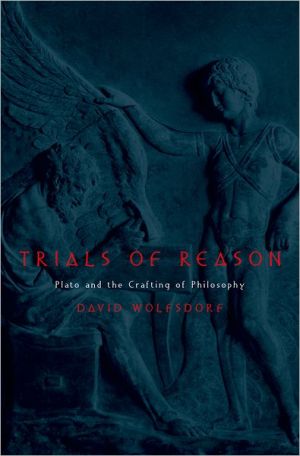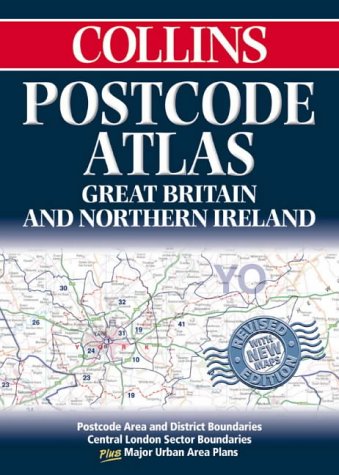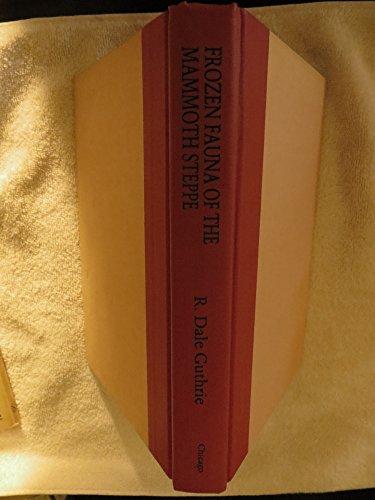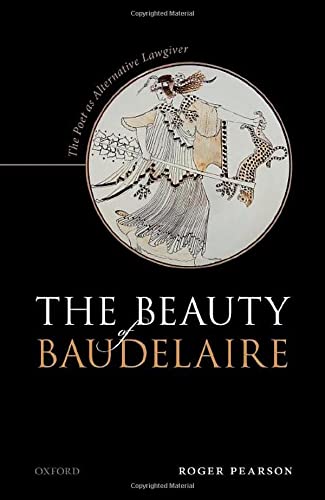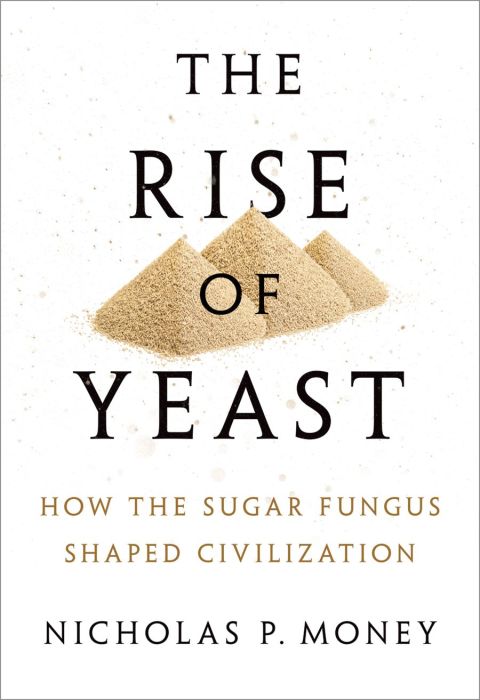Trials of Reason: Plato and the Crafting of Philosophy
Wolfsdorf, David
Scholarship On Plato's Dialogues Persistently Divides Its Focus Between The Dramatic Or Literary And The Philosophical Or Argumentative Dimensions Of The Texts. But This Hermeneutic Division Of Labor Is Naive, For Plato's Arguments Are Embedded In Dramatic Dialogues And Developed Through Complex, Largely Informal Exchanges Between Literary Characters. Consequently, It Is Questionable How Readers Can Even Attribute Arguments And Theses To The Author Himself. The Answer Lies In Transcending The Scholarly Divide And Integrating The Literary And Philosophical Dimensions Of The Texts. This Is The Task Of Trials Of Reason. The Study Focuses On A Set Of Fourteen So-called Early Dialogues, Beginning With A Methodological Framework That Explains How To Integrate The Argumentation And The Drama In These Texts. Unlike Most Canonical Philosophical Works, The Early Dialogues Do Not Merely Express The Results Of The Practice Of Philosophy. Rather, They Dramatize Philosophy As A Kind Of Motivation, The Desire For Knowledge Of Goodness, And As A Discursive Practice Motivated By This Desire And Ideally Governed By Reason. They Also Dramatize The Trails To Which Desire And Reason Are Subject, That Is The Difficulties Of Realizing Philosophy As A Form Of Motivation A Practice, And An Epistemic Achievement. In Short, Trials Of Reason Argues That Plato's Early Dialogues Are As Much Works Of Metaphilosophy As Philosophy Itself.--jacket. Interpretation -- Introduction -- Interpreting Plato -- The Political Culture Of Plato's Early Dialogues -- Dialogue -- Character And History -- The Mouthpiece Principle -- Forms Of Evidence -- Desire -- Socrates And Eros -- The Subjectivist Conception Of Desire -- Instrumental And Terminal Desire -- Rational And Irrational Desires -- Desire In The Critique Of Akrasia -- Interpreting Lysis -- The Deficiency Conception Of Desire -- Inauthentic Friendship -- Platonic Desire -- Antiphilosophical Desires -- Knowledge -- Excellence As Wisdom -- The Epistemic Unity Of Excellence -- Dunamis And Technê -- Goodness And Form -- The Epistemological Priority Of Definitional Knowledge -- Ordinary Ethical Knowledge -- Method -- The Socratic Fallacy -- Socrates' Pursuit Of Definitions -- Hupothesis -- Two Postulates -- The Geometrical Illustration -- Geometrical Analysis -- The Method Of Reasoning From A Postulate -- Elenchus And Hupothesis -- Knowledge And Aitia -- F-conditions -- Cognitive Security -- Aporia -- Forms Of Aporia -- Dramatic Aporia -- The Example Of Charmides -- Charmides As Autobiography -- The Politics Of Sôphrosunê -- Critias' Philotimia -- Self-knowledge And The Knowledge Of Knowledge -- Knowledge Of Knowledge And Knowledge Of The Good -- Philosophy And The Polis. David Wolfsdorf. Includes Bibliographical References (p. 261-275) And Indexes.
| Name in long format: | Trials of Reason: Plato and the Crafting of Philosophy |
|---|---|
| ISBN-10: | 0195327322 |
| ISBN-13: | 9780195327328 |
| Book pages: | 296 |
| Book language: | en |
| Edition: | Illustrated |
| Binding: | Hardcover |
| Publisher: | Oxford University Press |
| Dimensions: | Height: 6.2 Inches, Length: 9.3 Inches, Weight: 1.30293196842 Pounds, Width: 1.1 Inches |

